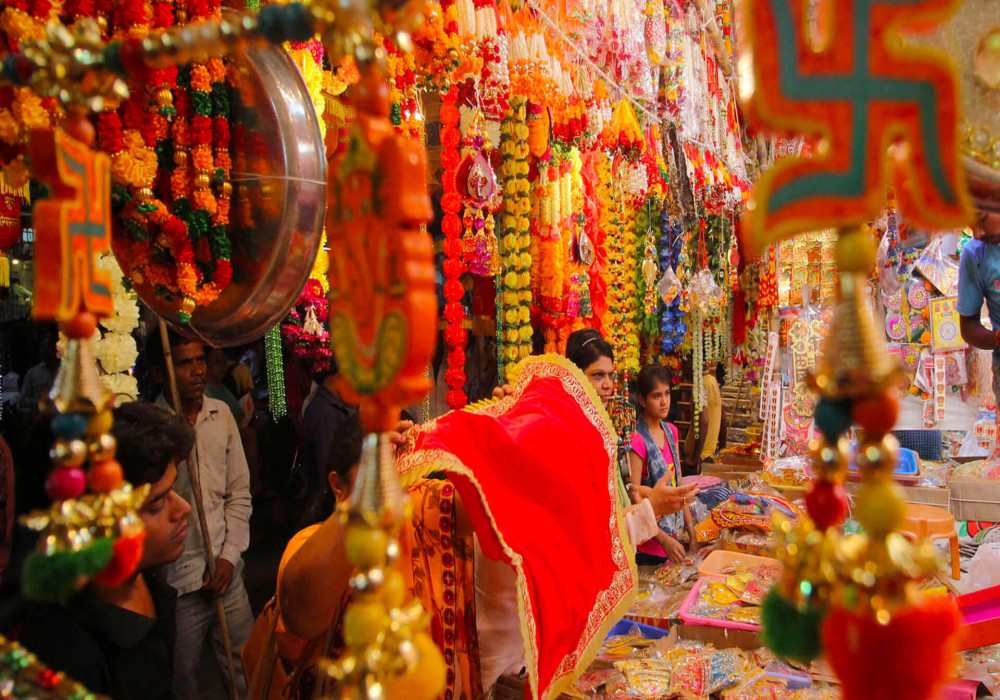
Last Updated At: 27-Jan-2025
Diwali 2025 : Puja Muhurat, Rituals, and Historical Significance
Diwali is a festival of lights that is celebrated across the country with the same zest and zeal as it is celebrated in Ayodhya, which is known to be the kingdom of Lord Rama. The 5-day Diwali celebrations start with Dhanteras which is considered as the day of birth of God of Ayurveda Dhanvantri and Goddess Lakshmi from Samudra Manthan. The second day is Choti Diwali which is known as Narak Chaturdashi. The third day is Diwali, the day of Lord Ganesha and Goddess Lakshmi Puja and the day when Lord Rama came back to Ayodhya. Day 4 is Govardhan Puja Day which is known as ‘Annakoot’ and ‘Padwa’ in many places of India. The 4th day is also the beginning of Vikram Samvat. The 5th day is known as Bhai Duj, which celebrates the bond of brothers and sisters.
Primarily Diwali is a festival that celebrates the homecoming of Lord Rama with his wife Goddess Sita and brother Lakshamana. The festival also marks the victory of good over evil and the birth of Goddess Lakshmi from ‘Samudra Manthan’ the event of ocean churning as per Hindu mythology. Goddess Lakshmi is associated with wealth and wellness and this is why she is worshipped on this day along with Lord Ganesha who is also associated with happiness and good fortune.
Read More : Best Diwali Celebrations In India
Legends Associated with Diwali
The Homecoming of the Lord and the Goddess
As per the Hindu mythology, Lord Rama returned on the night of ‘Amavasya’ when there was no moon in the sky. And because it was all dark the people of Ayodhya lighted Diyas everywhere in Ayodhya to decorate and create a vibrant atmosphere to welcome Lord Rama and Goddess Sita after 14 years of exile.
The Victory of Lord Krishna Over Narakasura
Narakasura was the son of Lord Vishnu and Goddess Earth. Goddess Earth asked Lord Vishnu to bless Narakasura with immense power and a long life. Narakasur got spoiled by the power he had and he gained control over the earth and heaven, frustrated from these acts of expansion and authority, gods asked Lord Vishnu to intervene and kill Narakasura. Lord Vishnu then promised the gods of heaven that he will end his life in Krishna Avatar. On the day of Diwali, Lord Krishna killed Narakasura and before the death, Narakasura asked for a blessing which was that the day of his death should be a grand celebration and since then Diwali was being celebrated.
Attainment of Nirvana
Not just the Hindus, the Jain community also celebrates Diwali as a major festival. As per the common belief, Lord Mahavira the 24th Tirthankara attained Nirvana on the day of Diwali. It also marks the end of a year for the Jain community and the new year begins for them on the next day which is known as ‘Pratipada’.
Date, Time and Puja Muhurat for Diwali 2020
Diwali celebration will begin with Dhanteras on 29th October, followed by Narak Chaturdashi or Choti Diwali on 31st October 2025. Diwali will be celebrated across India on 1st November 2025. Govardhan Puja will be performed on 2nd November 2025 and Bhai Duj will be celebrated on 3rd November 2025. On the day of Diwali.
How to Perform Lakshmi Puja 2025
The motive to perform Lakshmi puja at home on Diwali is to welcome Goddess Lakshmi to one’s home. It is believed that the arrival of Lakshmi will bring happiness, wealth and prosperity to family hence everyone prays in order to welcome the Goddess. Begin by cleaning every corner of the house and especially the Puja room or place. After that, one must place a bronze Kalash(pot), fill it with water, and add a supari (beetle nut), chawal ke dane (rice grains), sikka (coin) phool (flower). Once you are done, place mango tree leaves on the top of it.
After that one must place the new idols of Goddess Lakshmi and Lord Ganesha in the South-west direction of Kalash. After that one should apply vermilion on the forehead of Lord Ganesha and Goddess Lakshmi. One should offer sweets to the lord and goddess and its said that Lotus flower should be offered to Goddess Lakshmi in the puja too, as she likes it a lot. The puja ends with Lord Ganesha’s and Goddess Lakshmi’s aarti.
Bhog and Prashad for Goddess Lakshmi
Dishes and sweets that are made of milk are considered Goddess Lakshmi’s favorite. These dishes are prepared at home on the evening of Diwali to offer them to Goddess Lakshmi. Rice Kheer is one of the favorite dishes of Goddess Lakshmi hence a lot of families prepare rice kheer on Diwali as prashadam. Apart from kheer, Khoya Nariyal laddoo, Gur ka halwa, and Phirni can also be offered to the goddess on Diwali.
Read More : Diwali Melas in Delhi
Unique Rituals of Diwali from across India
Oil Bath before Sunrise
On the day of Diwali, people of Goa and Tamil Nadu wake up before sunrise and take an oil bath early in the morning, before sunrise. And in the evening the idol of Narakasura is burned to mark the victory of Lord Krishna over the demon Narakasura.
Mud Forts and Homes
In the states of northern India, children create Mud forts and houses to welcome Lord Rama. Children decorate these homes with lights and Diyas.
India is the best example of unity in diversity and even the festivals of India depict the same philosophy. A festival like Diwali is celebrated across India but the rituals differ and as said ‘kos kos p badle paani 4 kos p vaani’ every village, every district and every state of India has a unique fragrance of Diwali.
Adotrip wishes you a great and prosperous Diwali 2020.
--- Published By Adotrip
Latest Blogs

Long Weekends In India 2025 - List of Holidays

Kazakhstan Travel Guide 2025: Affordable Luxury, Visa Free E...
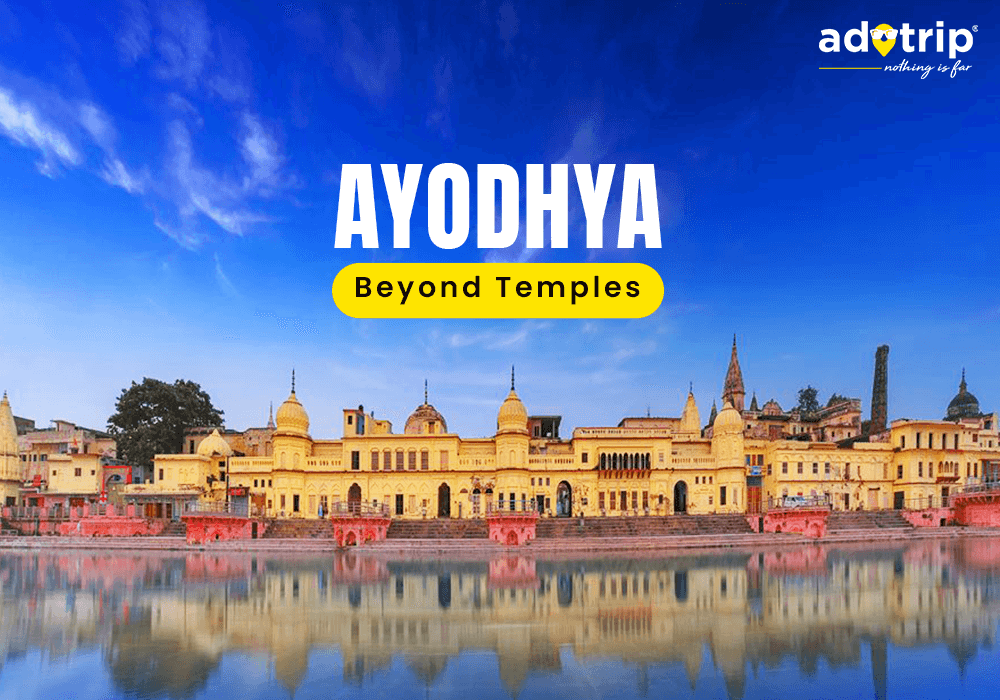
Think Ayodhya is Just Temples? Discover Its Hidden Artistic...

Why Azerbaijan is the Best Budget Friendly Alternative to Sw...
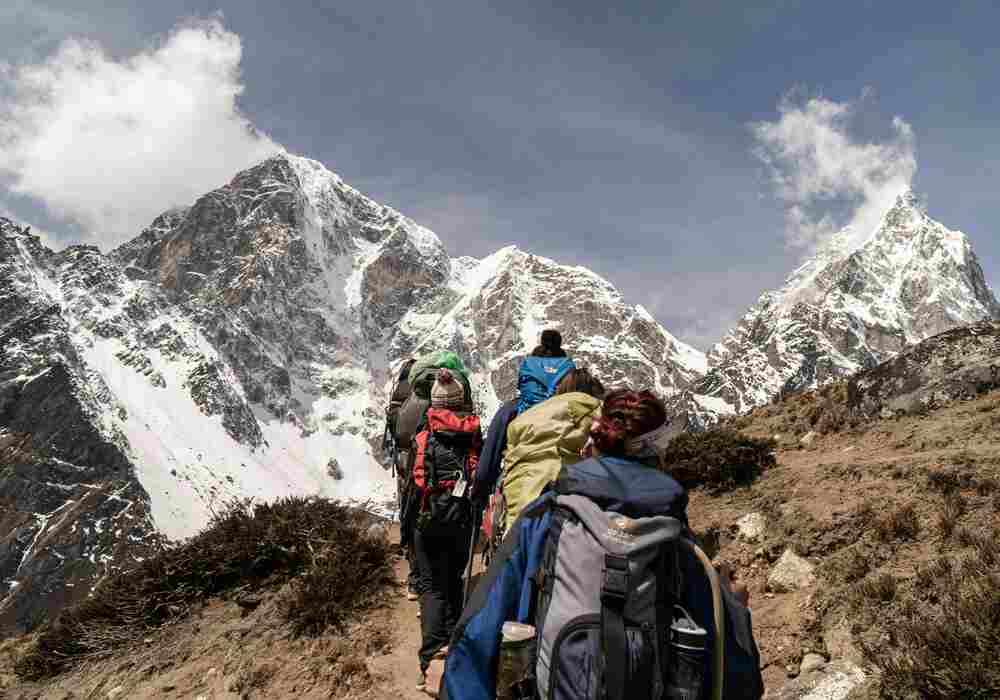


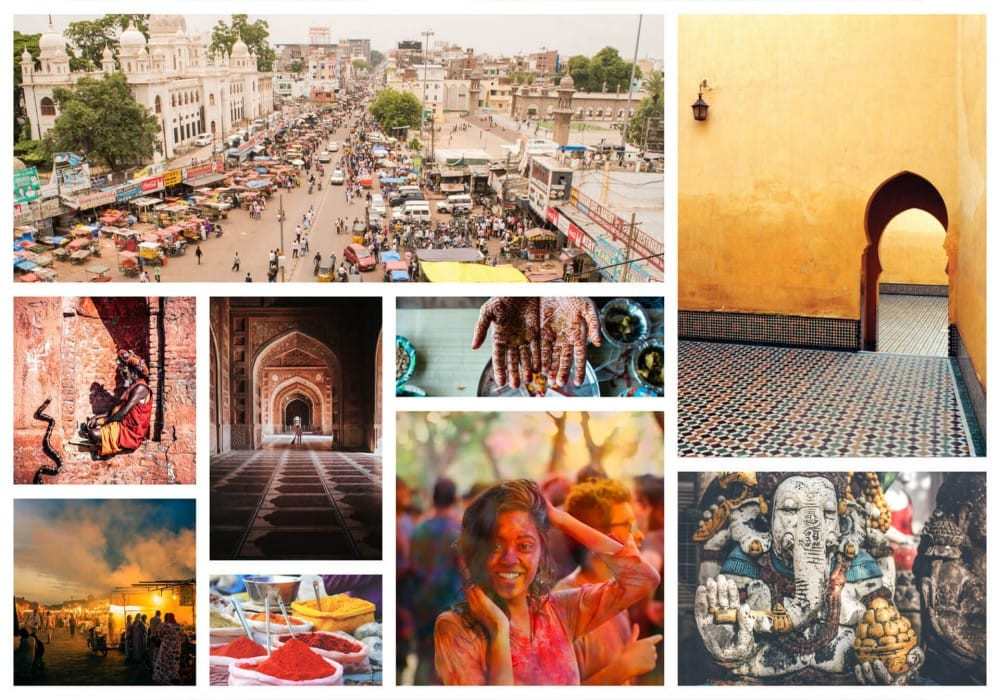
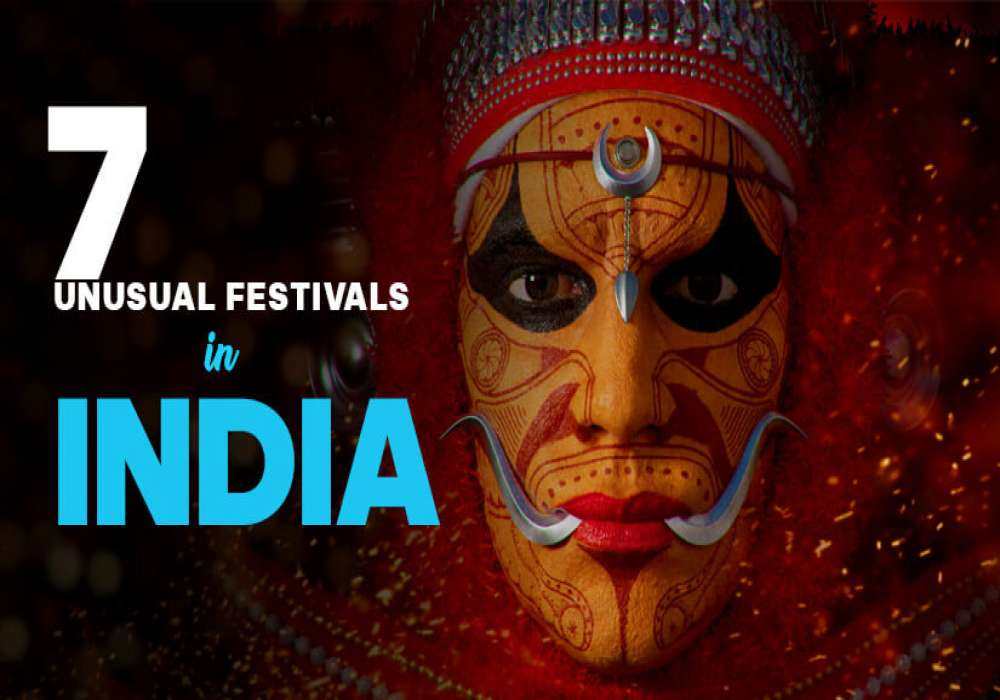


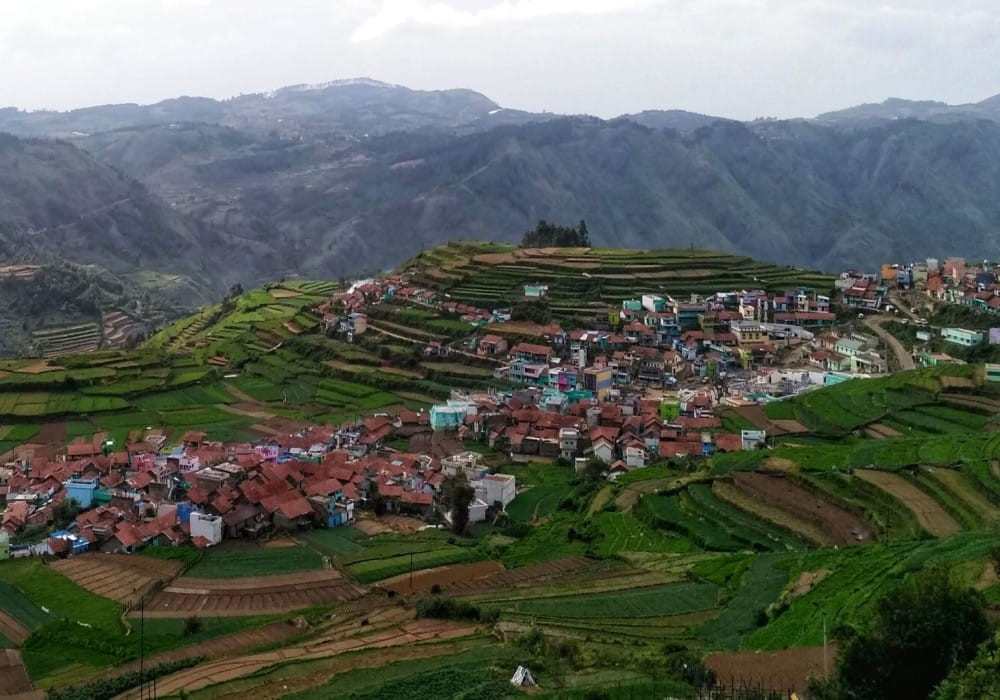
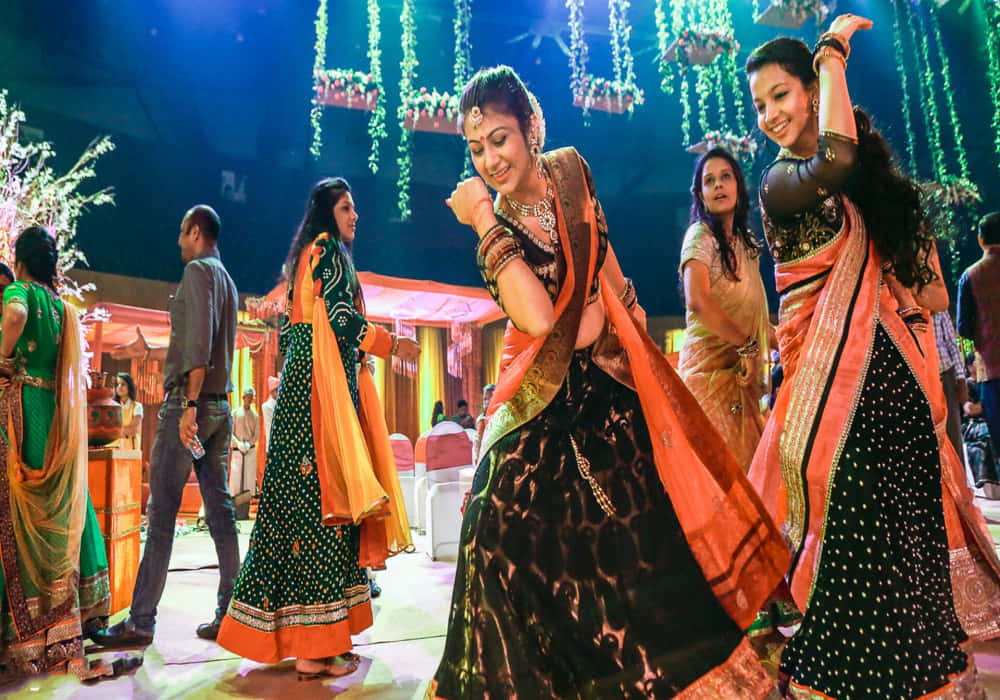
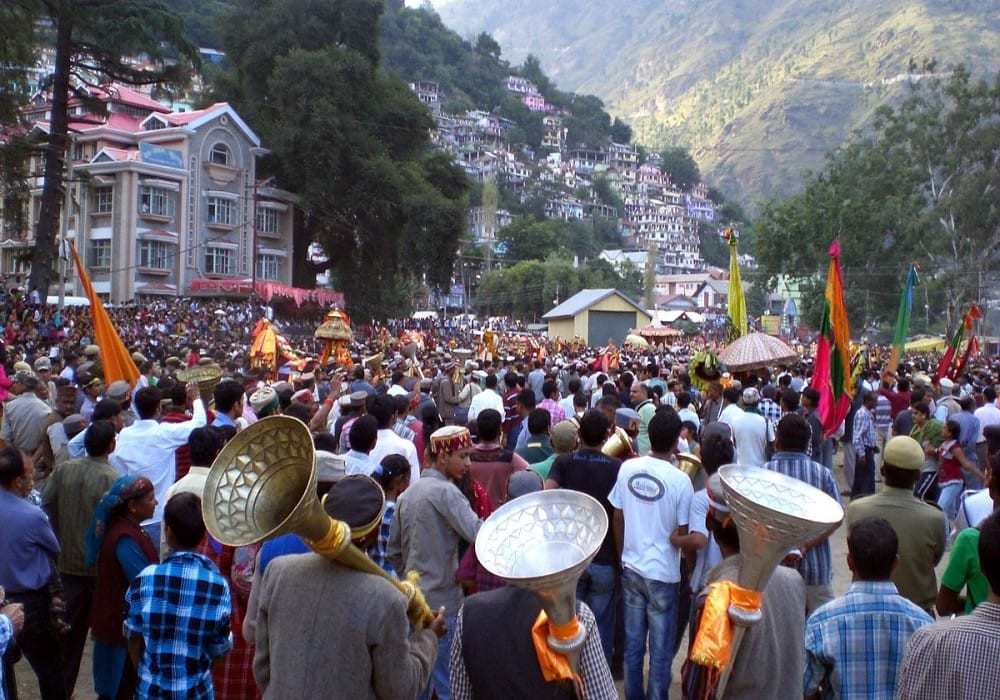




 Dubai
Dubai Malaysia
Malaysia USA
USA





